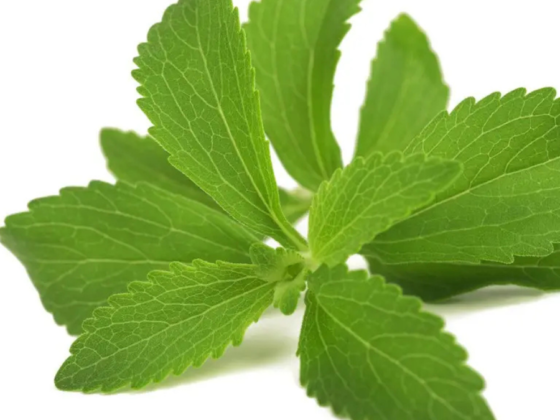How to cure high blood pressure: Around the world, scores of people grapple with the increasingly common condition of hypertension, or high blood pressure. It’s essential to keep this in check to avoid issues such as heart disease, kidney troubles, and stroke. Even though mainstream treatments exist, a shift towards using Ayurvedic herbs for their in-built healing qualities is seen. This piece zeroes in on the top 7 Ayurvedic herbs that can effectively help control high blood pressure.
Ayurvedic Remedies for High Blood Pressure
The history-rich medicinal practice of Ayurveda from India presents a wholesome approach towards health and wellness. Its core lies in maintaining a mind-body-spirit balance for overall well-being. Ayurvedic herbs are celebrated for their healing properties. They’ve been relied upon through the centuries to address various illnesses, including hypertension.
Ashwagandha
Ashwagandha, the ‘Indian ginseng,’ is a favoured Ayurvedic herb famous for its stress-adapting qualities. It enables the body to handle stress, infuses a sense of calm, and can help keep high blood pressure in check. It carries antioxidants that safeguard our heart and blood vessels.
Brahmi
Brahmi, another Ayurvedic herb, delivers calming effects while replenishing the nervous system. It helps mitigate stress and anxiety, both of which can inflate risks for hypertension. It aids blood flow and bolsters cardiovascular health.
Arjuna
Arjuna, a respected Ayurvedic herb, has been used down the ages for enhancing heart health. It strengthens the heart muscles, regulates blood pressure and enhances circulation. Arjuna is packed with antioxidants that shield the heart from damage.
Triphala
Triphala is a mix of three fruits – Amalaki, Bibhitaki, and Haritaki – bountiful in antioxidants and vitamins. This Ayurvedic combination helps the body flush out toxins, improves digestion, and regulates blood pressure. It also supports overall cardiovascular health.
Tulsi
Also known as Holy basil, Tulsi is a revered herb in Ayurveda, known for its medicinal capabilities. It plays a role in reducing inflammation, managing cholesterol, and regulating blood pressure. Tulsi also carries antioxidant properties which protect against heart damage.
Disclaimer: The home remedies given above are just some suggestions and tips to manage the condition. Do not ignore the symptoms if they persist for a long time. Make sure you consult a doctor before making any changes to your diet.










